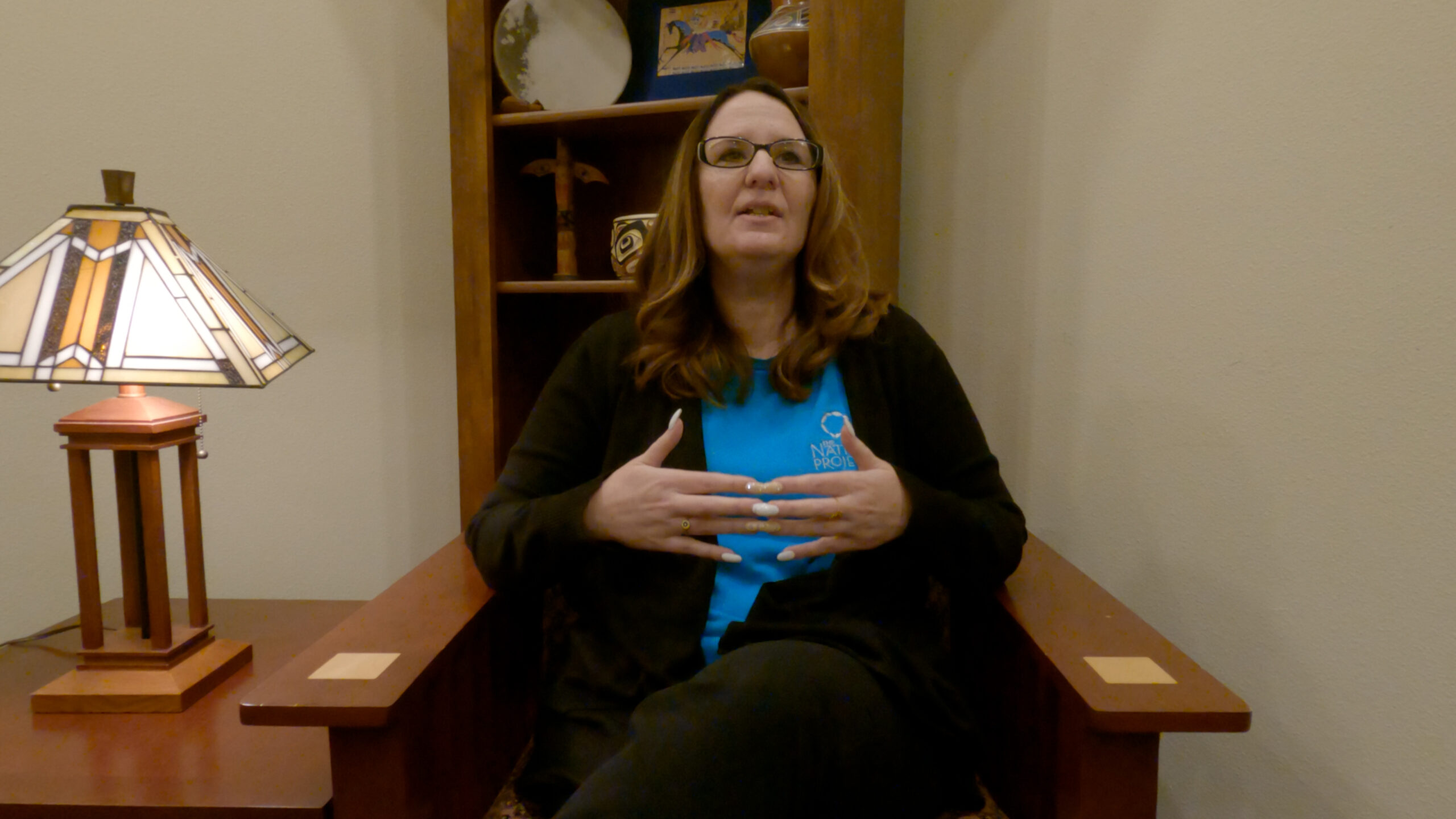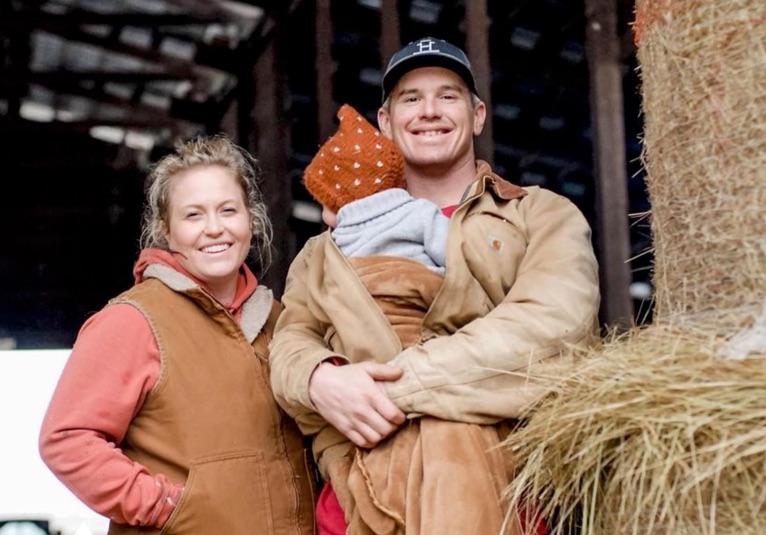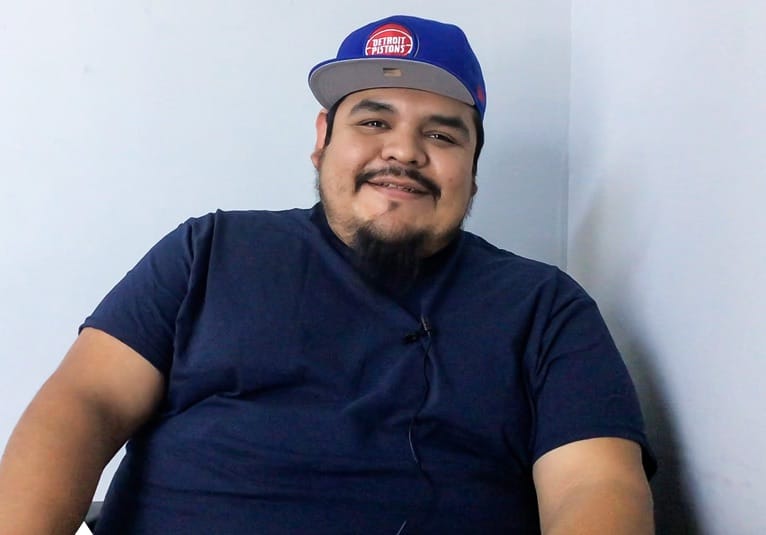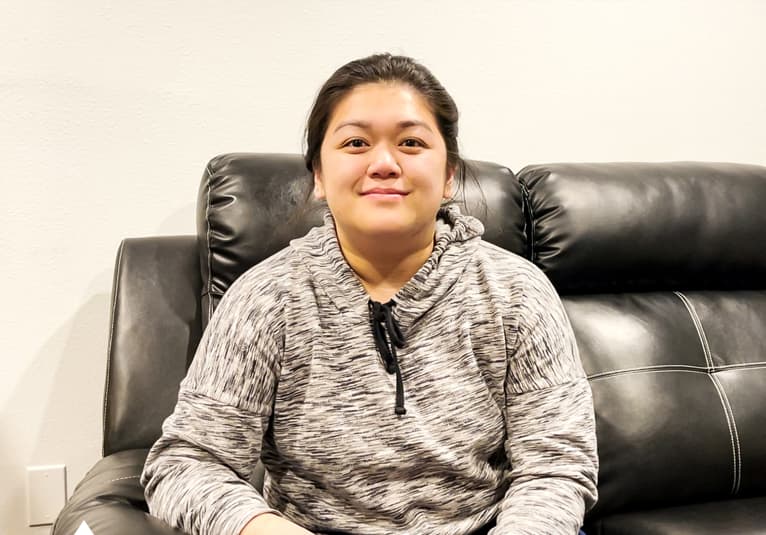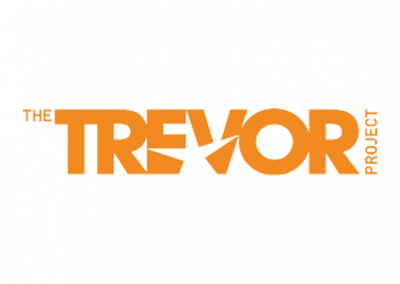Bobbi D Validating Experiences and Emotions Helps
I’m Bobby Dewey, and I’ve been working at Native Project for about five years now. I’m a substance use disorder counselor in training. Still kind of a new counselor. Still, I just graduated from the Dixie Studies program in December of 2020, so I wanted to talk about supporting kids. I think that right now, especially with the kids that I work with.
I work with the team population, and they’re definitely needing some extra support in order to get through this pandemic, the kids I meet with right now, I think it’s a lot about validating their experience. It’s about validating their emotions.
We’re at a point right now with teams where they just want you to get them. They want you to understand where they’re coming from. And I’m glad that I have the experience I did where my last two quarters of school were during the pandemic. So in a way, I can’t really relate completely to what their experiences. But I can in a lot of different forms.
So I feel like I have a little bit of a connection there. And I think as parents, we kind of forget that we did not have the same high school experience that they are experiencing right now, and it’s hard for us to kind of wrap around to really think about how they’re feeling.
It is kind of a rite of passage. High school is a rite of passage. The football games, the graduations, the dances, the Proms, the cheerleading, the sports. That was all something that you’ve been looking forward to since you were in ten years old. You imagine these days and a lot of that has been stripped away.
They’re having a hard time dealing with that loss and that grief of those experiences. So I think even though we don’t understand exactly what they’re going through, I think it’s really important to sit down with your team and say, I don’t understand completely, but I want to I want to understand I’m here. I want to talk to you. So I think the communication sitting down with your team, sitting down with your children, putting some time aside, even if it’s 20 minutes out of your day, put the phones away, put the media away, put the TV away 20 minutes just to sit down and check in with each other and just say, how are you doing?
How are you handling this?
Is there something I can do to help you? A lot of the teams that I talk to, they say my parents are really struggling, and I don’t want to add to their struggles. And so I’m not always very open about talking to them because I don’t want them to be more stressed out. And I think it’s really important for us as parents to kind of let them know that even though we’re struggling in our own way, that might be different from them, that we’re still here, we still want to talk to them.
We still want to support them and that they’re our number one priority.
And so I think that’s where kids are kind of at that they’re at this point where I don’t want her mom and dad any more than what they’re going through right now. And so that’s important. Also, I think education is really important for parents, because right now, if you don’t understand what’s going on in that teen area, if your kid came to you and said something about Mexis, would you know what Mexis were probably not. And a lot of kids in our community right now are experimenting with fentanyl, and they do call them Maxis, and they come in different colors.
And for a parent, if you don’t know about terminology, you have no idea what your kids are getting into, what they’re talking about, what their friends are potentially doing.
So as parents, it’s really important for us to stay educated, stay on top of that. There’s a lot of gang involvement right now with our teens here in Spokane County, and just to kind of really check in with your kid and say, Where are you at?
Are you struggling? Is there something I can do to help you? Teens are biologically predisposed to want to have space from us. They want their independence. They want to be more selfsufficient and biologically.
They are pushing back from us. And so that makes communication really hard sometimes. So what I do in my counseling is I will find out, what are they interested in? What are their interests? A lot of my kids love music, either.
They love lyrics. They’re writing their own music, songs, anything like that. And I will just say, hey, what is a song that means something to you? What is a song that you can think of right now that maybe talks about your substance use that you connect with? What is a song about depression or anxiety that you connect with?
That kind of relates to how you feel. So I will actually have them maybe play it on their phone. We’ll go line by line through some of these lyrics that really means something to them. And we’ll just say, okay, I think I understand where you’re coming from, because a lot of my kids will say, I don’t know how to express myself. It’s very hard for them to express what they want to express.
And sometimes it’s easier with lyrics and music because that’s what they’re into, and they connect with it. And so I’ve had a better time of connecting with kids through something like that. Also, art. I have a girl that I’m working with right now who she loves art. She wants to express her anxiety and her depression.
Those reasons that she is reaching out to substances in her art. She wants to use her pictures that she develops to help other children kind of connect and see, this is what depression looks like. This is why I reached out to drugs. But this is why I learned these coping skills. I reached out and I got help, and now this is my art, showing me through my recovery and through reaching my goals and getting sober.
So I think communication is challenging, but definitely find out what your kids like, show an interest, even if it’s something that you don’t have an interest in, ask questions. It’s a conversation starter. And then they do feel like at least you have an interest in what they’re interested in. And that’s huge. I also think that if you do sit down with your kids and they do bring up, let’s say Maxis and fentanyl and marijuana, I would just have a straight up conversation with them and say, Is that something you’re thinking about doing?
Are your friends pressuring you to do that? Is there some way that I can reach out and help you? Do you need help? Do you want to talk to a counselor?
Some kids do. Some kids do want that. They just don’t know how to say it. They need that extra support, but they don’t know how to say it. So sometimes it’s easier if it comes from you.
But again, I think the education of the parent and being up to date on all the trends and that are going on with teams is really important.

